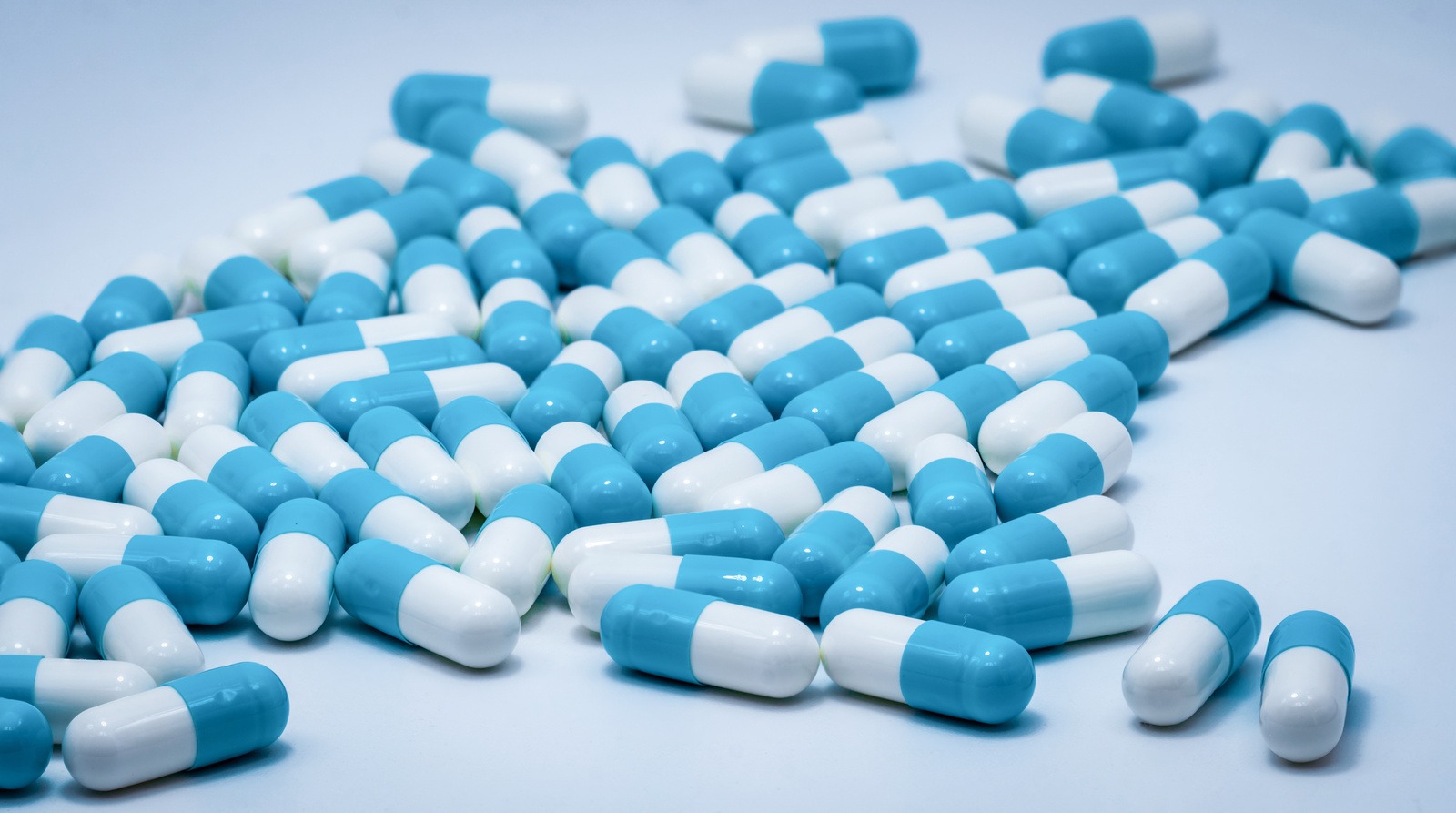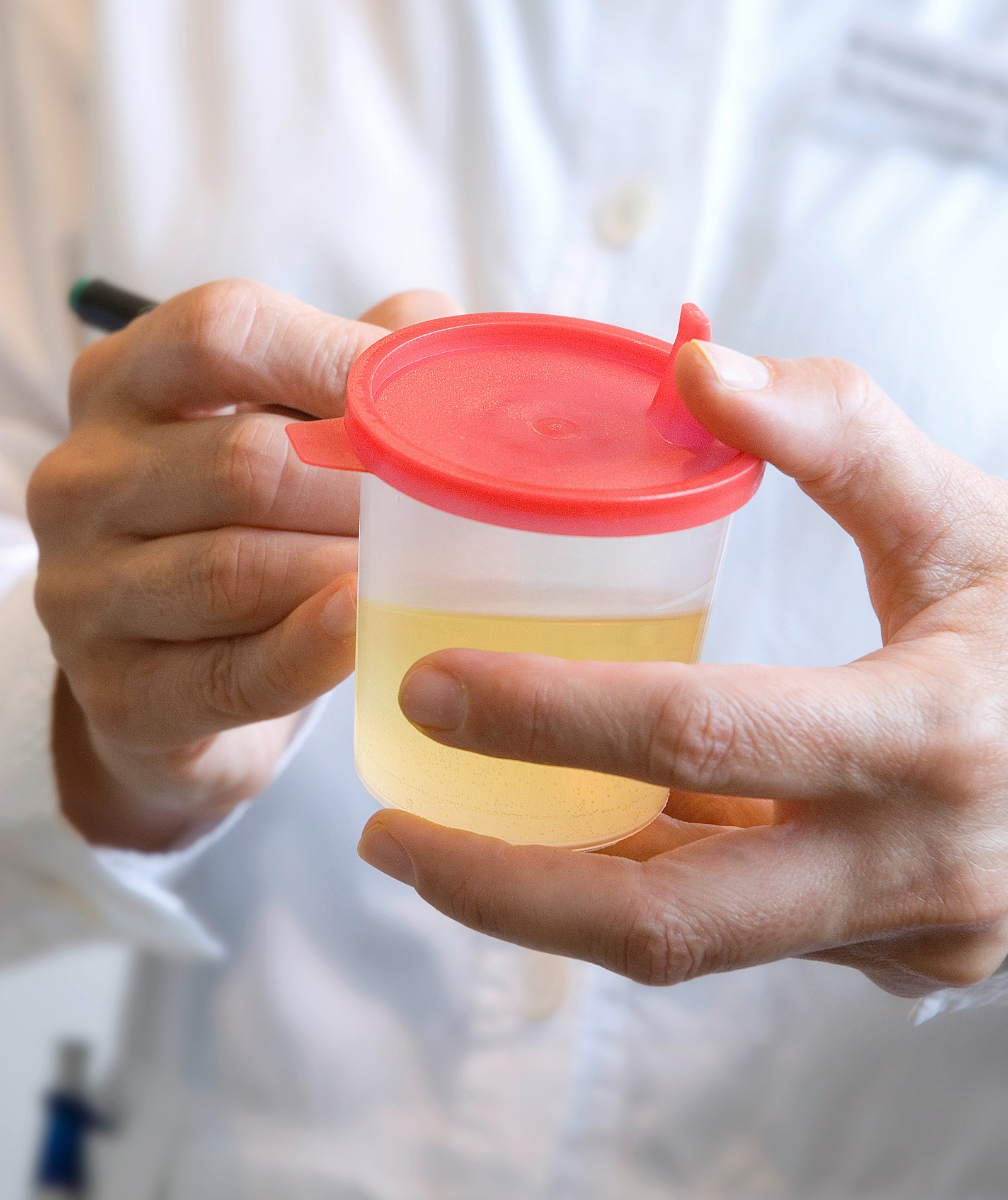How Long Does Vyvanse Stay in Your System?

- Vyvanse is a stimulant medication that’s used to treat ADHD and binge eating disorder.
- Though it can vary, Vyvanse reaches peak levels at 3.5 hours after ingestion.
- Vyvanse metabolites, like dextroamphetamine, can last for days or weeks.
- Vyvanse can be detected in certain drug tests weeks or months after ingestion.
- Though safe when used as directed, Vyvanse has a potential for misuse and addiction.
Vyvanse (lisdexamfetamine dimesylate) is a stimulant medication that the FDA approved for the treatment of attention deficit hyperactivity disorder (ADHD) and binge eating disorder.[1] Though it’s not used to treat obesity, as some stimulants are, it may be misused to this effect.
The time Vyvanse stays in the body depends on several factors, but it’s at its highest concentration within 3.5 hours.[2] The primary ingredient, lisdexamfetamine, leaves the plasma within a few hours, but lisdexamfetamine breaks down into metabolites that can last much longer.
What Is Vyvanse?
Vyvanse is an FDA-approved drug to treat ADHD and binge eating disorder. It stimulates the central nervous system, much like Ritalin and Adderall. Because of its mild potential for abuse, Vyvanse is a Schedule II controlled substance.[3]
Several strengths are available for Vyvanse, ranging from 10 mg to 70 mg. Vyvanse may also be used off-label for depression, daytime drowsiness, and other conditions.
What Is the Half-Life of Vyvanse?
The half-life of a drug is the time it takes for the amount of the active substance in the drug to reduce by half. It generally takes about five half-lives for most drugs to leave the system completely. The half-life of Vyvanse is less than one hour in plasma, so the drug is out of the system in about five hours and undetectable after eight hours.[4]
Lisdexamfetamine, the active ingredient in Vyvanse, is metabolized into dextroamphetamine, another stimulant. Though lisdexamfetamine is only detectable for a few hours, dextroamphetamine has a half-life of about 12 hours and may be detectable for a few days.[5]
Several factors affect how long a drug takes to exit the body, including the drug’s metabolism, the person’s weight and gender, whether other drugs were consumed at the same time, and how much of the drug was consumed.
How Long Does Vyvanse Stay in the System?
Vyvanse was initially believed to have a lower potential for abuse than other prescription stimulants, such as Ritalin. However, Vyvanse is still a potential drug of abuse.
Vyvanse detection in the body depends on several factors, including the drug test administered:[6]
- Vyvanse has a half-life of approximately 12 hours.
- This substance can test positive for amphetamine in drug screenings.
- On average, it takes 2.5 days for Vyvanse to leave the system, but this can vary.
- As reported by the manufacturer, unconverted lisdexamfetamine can generally not be measured after 8 hours.
Can You Get a False Positive for Vyvanse?
False-positive drug tests can happen with stimulants like Vyvanse because they’re similar to other medications, such as:[7]
- Fluoxetine (Prozac), an antidepressant
- Aripiprazole (Abilify), an antipsychotic
- Ciprofloxacin, an antibiotic
- Doxepin and trazodone, sleep medications
- Phenylephrine and pseudoephedrine (Sudafed), over-the-counter cold medications
- Metformin, a diabetes medication
- Ginkgo, an herbal supplement
- Ecstasy (MDMA) is an illicit drug
Effects and Risks of Vyvanse
Vyvanse is designed to stimulate activity in the brain. When someone has ADHD, it can improve focus and concentration. However, it can also cause a euphoric high, appetite suppression, weight loss, and high energy.
The side effects of Vyvanse, especially when it’s misused, can include an increased heart rate and blood pressure.[8] Some other side effects include:
- Anxiety
- Depression
- Dizziness
- Dry mouth
- Irritability
- Nausea
- Sleep disturbances
- Vomiting
- Stomach pain
Though Vyvanse has a lower potential for misuse and addiction than some other stimulant drugs, it’s not without risks. It carries a black box warning that advises of its potential for misuse and dependency. People may abuse Vyvanse because of its euphoric effects or to cause side effects like weight loss. Over time, this leads to a reward response that can contribute to addiction.
The risk of addiction is much lower in people who use it as prescribed by a doctor. There is a higher risk of addiction in people who:
- Use Vyvanse without a prescription
- Use Vyvanse in ways other than prescribed, such as higher doses
- Use Vyvanse to induce effects like euphoria or weight loss
- Have a history of substance abuse or addiction
- Take Vyvanse with other substances
Signs of Vyvanse Addiction
Vyvanse addiction signs can vary from person to person but may include:[9]
- Being unable to stop or reduce Vyvanse despite trying
- Focusing a lot of attention on getting and using Vyvanse
- Switching doctors to get prescriptions
- Continuing to use Vyvanse despite negative outcomes or effects
- Experiencing intense cravings for Vyvanse
- Developing tolerance and needing more to get the desired effects
Vyvanse Withdrawal
Vyvanse can cause physical dependence with regular use. Tolerance can happen quickly, requiring higher doses to achieve the same effects. Then, if someone stops taking Vyvanse suddenly, they may experience withdrawal symptoms.
The common withdrawal symptoms of Vyvanse include:[10]
- Dysphoric mood
- Depression
- Vivid, unpleasant dreams
- Fatigue
- Insomnia
- Excessive sleep
- Increased appetite
- Agitation
- Slow physical and emotional reactions
Typically, people experience a “crash” when coming off Vyvanse and other stimulants, which includes symptoms like low mood, irritation, and loss of motivation. This begins shortly after the effects wear off, but it’s not the same as withdrawal. It can happen even if someone isn’t dependent on the drug.
In dependent people, the withdrawal symptoms often begin after the crash. This can take one or two days after the last dose. The symptoms usually begin with cravings, depression, and fatigue but grow to mood swings, pain, irritability, sleep disturbances, and worsening depression in five days to several weeks. For most, the withdrawal symptoms subside after about two weeks.
Addiction Treatment for Vyvanse
For managing Vyvanse discontinuation, especially in cases of dependence, doctors often recommend a gradual tapering off rather than abrupt cessation to mitigate withdrawal symptoms. This is also recommended for people who take Vyvanse recreationally to reduce or eliminate withdrawal symptoms. It’s important not to try going off Vyvanse on your own at home, whether you take it therapeutically or recreationally. It can lead to dangerous complications.
Medical detox in a professional setting can be an important step in treating Vyvanse addiction, particularly for individuals with severe dependence or those at risk of serious withdrawal symptoms. This provides a safe and structured environment to wean off of Vyvanse and control withdrawal symptoms to keep you safe and comfortable.
Once detox is complete, you can enter into an addiction program for formal, structured addiction treatment to address the underlying causes of drug abuse and dependence and learn the skills to live a healthier life. This can occur in an inpatient or outpatient setting but often includes a range of addiction therapies and interventions according to your individual needs.
Seek Help for Vyvanse Abuse and Addiction
If you or a loved one is struggling with Vyvanse abuse or prescription drug addiction, help is available. We offer a peaceful environment with no distractions to help you focus on recovery, healing, and growth. Contact us today to learn more about your options.
Frequently Asked Questions

